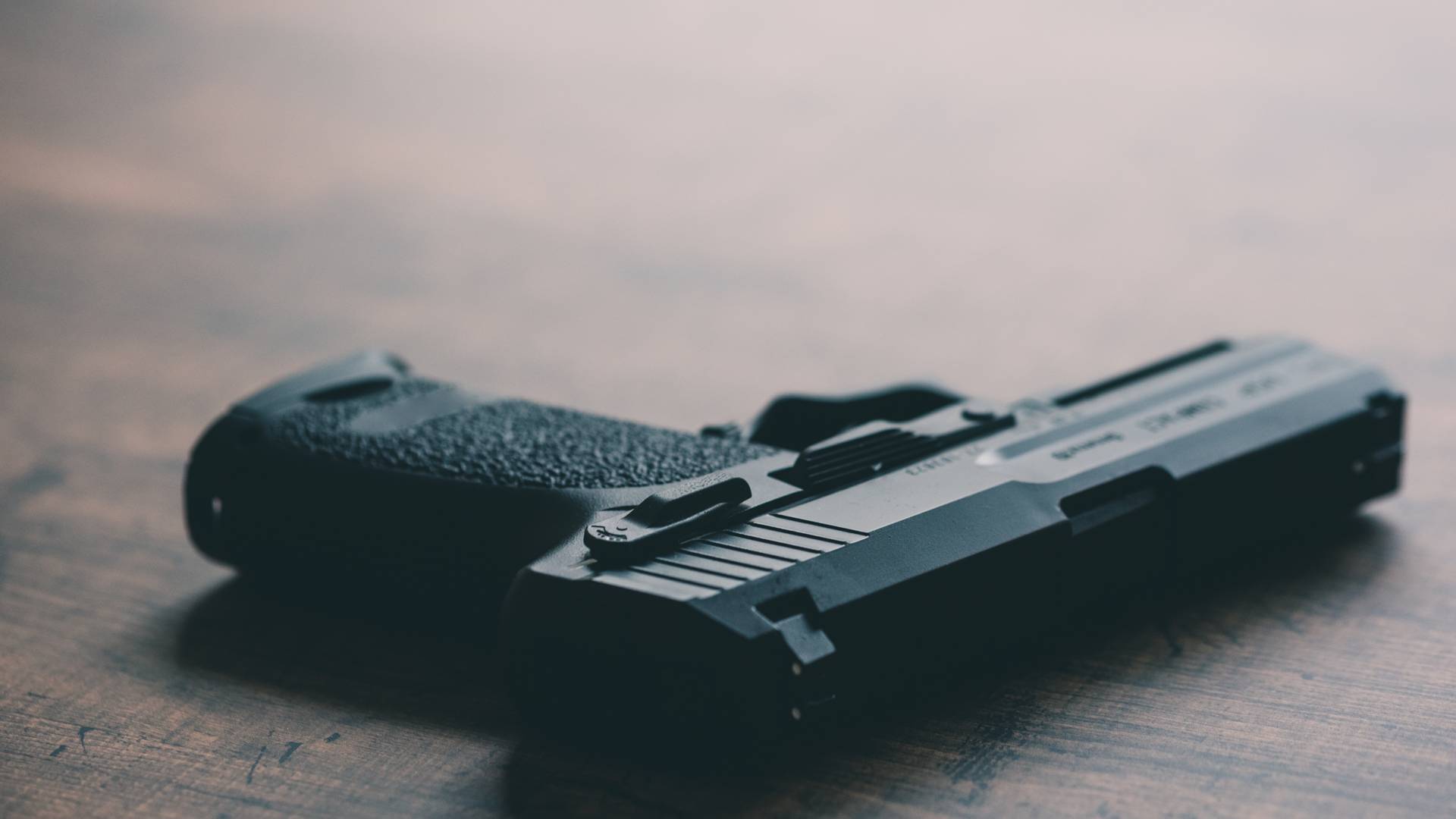You are driving home after a long day at work and a longer night at the bar. You aren't paying attention, but a copy flashes his lights and instructs you to pull over. The officer approaches your window and asks for your license and registration. He thinks he smells alcohol and wants to know if you have been drinking. You deny it, and he asks if he can administer a breathalyzer. What do you do?
Breathalyzers are handheld devices that measure the blood-alcohol content (BAC) in a person's blood. The BAC determines how inebriated a person is (but it is an imperfect measurement because alcohol affects each person differently).
If you submit to the breathalyzer and blow at or above a 0.08 (for adults), that is an automatic DUI charge. The officer is going to arrest you, impound your car, revoke your license, and book you into jail. But, if you refuse the breathalyzer, the criminal consequences are less clear. The officer cannot force you to submit to the breathalyzer, but he can still administer the field sobriety test.
But, if you do decide to refuse the test, you need to remember that that is grounds for an automatic license suspension. The government generally requires people to comply with breathalyzer requests and punishes them for refusing. So, even if you are innocent, if you refuse the test, your license is forfeit until you get it reinstated.
If you were arrested on DUI/DWI charges, then you should contact a defense attorney at your earliest convenience. Your lawyer would be focused on protecting your future and doing everything possible to dismiss the charges. Many first-time DUIs are treated with more leniency. Furthermore, barring that advantage, it is possible to attach the integrity of the field sobriety test and breathalyzer. Experienced attorneys know how to investigate these cases and uncover incidents of improper action. You don't need to go through this alone; an attorney can help.
